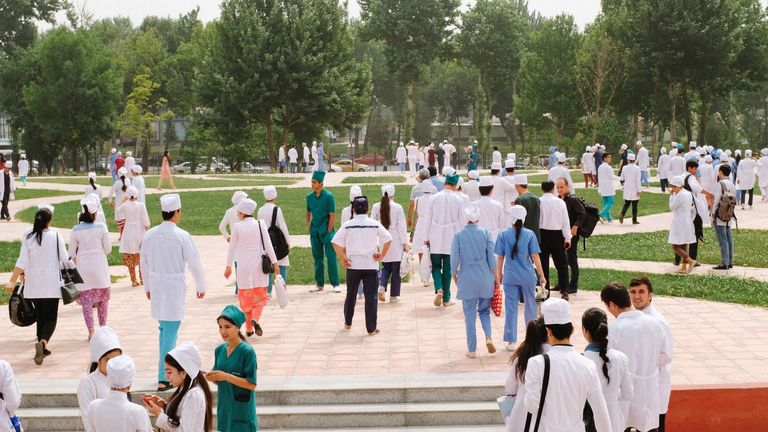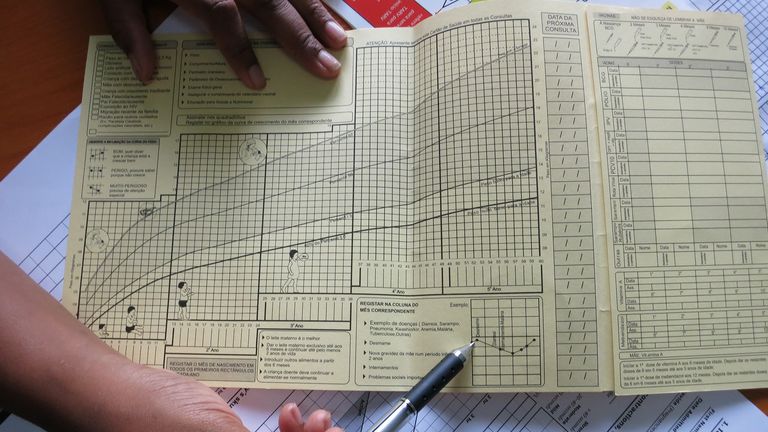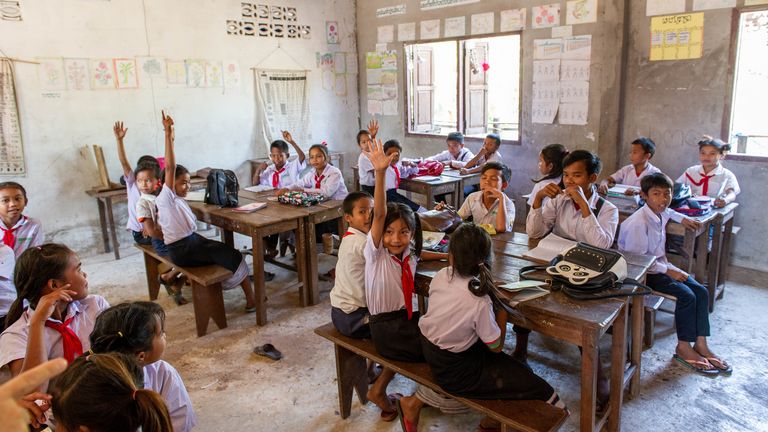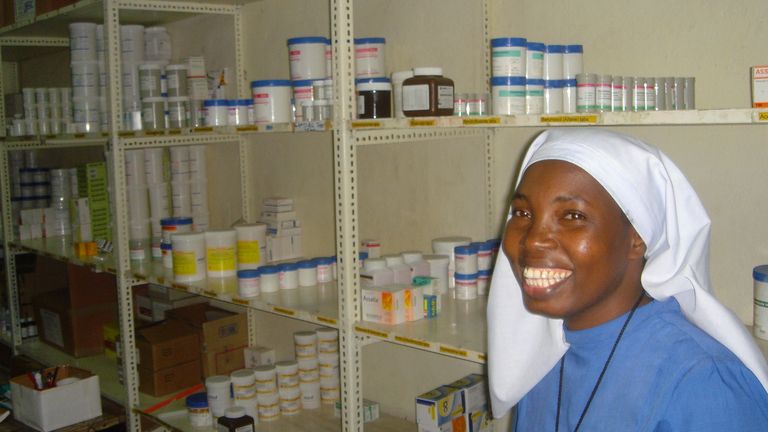Unit | Systems Strengthening and Health Promotion
In the context of the drive towards Universal Health Coverage we apply systems thinking to strengthen health systems, and work on questions of the quality and integration of care, human resources, health financing and insurance to reduce the risk of people being left behind.
Given the critical importance of nutrition and the burden of Non-Communicable Diseases (NCDs), we operate according to the principles of Shanghai and “Health for all and all for health in the era of the Sustainable Development Goals”. This includes enabling health equity, facilitating collaboration and good governance, across sectors, building partnerships and promoting health-enhancing factors. These factors span our interactions with the environment, socio-economic and cultural aspects, as well as food marketing and modern lifestyle issues.
Across all our work, we pay particular attention to gender equity, pro-poor practices, and public engagement so as to increase transparency and accountability for service delivery.
Creating Healthy Cities. Health in Cities
The majority of the world’s poor now live in secondary cities and towns, and this trend is increasing. Urban households living in poverty tend to spend a large proportion of their income on food. By forcing households to substitute nutritious food such as fruits and vegetables with less nutritious, less expensive, and less nutrient-dense staples, food price volatility immediately affects diet quality. In order for consumers in fast growing secondary cities to change their food consumption behaviour towards improved diets and more sustainable food systems, the Swiss Agency for Development and Cooperation’s (SDC) Nutrition in City Ecosystems (NICE) project connects the demand and supply side of food systems, engages women and youth - including through social business models - and builds local governance capacity initially in two secondary cities each in Bangladesh, Kenya and Rwanda.
Tackling Non-Communicable Diseases
The service mandates on non-communicable diseases focus on policy, institutional and population levels. WHO's people-centred, integrated care approach is at the heart of support to improve primary and secondary health care provision. Considerable attention is paid to disease prevention and health promotion.
Health Financing and Insurance
With an increasing number of countries establishing Universal Health Coverage goals through pre-payment schemes, Swiss TPH provides support to national and local governments, as well as private and non-governmental organisations, in setting up health financing schemes. This includes feasibility studies, assessments, research, implementation projects and policy advice, especially on health insurance reforms for public, non-profit and private health insurances (including Takaful).
Insurance Information Systems
Having originally designed and implemented the Insurance Management Information System (IMIS) in Tanzania and subsequently in a number of other countries, Swiss TPH continues to work with the global openIMIS initiative to maintain and develop the tool as a Global Digital Public Good. Swiss TPH provides expertise in health financing process mapping (analysis, design, process reengineering and implementation), change management and policy dialogue to improve insurance information systems. It also provides information system design and implementation, feasibility assessments, impact assessments, training and capacity development, including course development.

Helen Prytherch
PhD, MPH
Head of Unit, Project Leader, Deputy Head of Department
+41612848686
helen.prytherch@swisstph.ch
Our Areas of Expertise
Projects
All projectsLatest Publications
Spasenoska D, Bloem P, Akaba H, Kahn A.L. Using human papillomavirus (HPV) vaccine in controlled temperature chain (CTC): a solution looking for a problem? Or a solution to problems that are not systematically documented?. Vaccine. 2025;44:126399. DOI: 10.1016/j.vaccine.2024.126399
Abdallah A.K et al. Medical device management reform, United Republic of Tanzania. Bull World Health Organ. 2024;102(9):665-673. DOI: 10.2471/blt.23.290636
Amon S, Gerold J, Akweongo P, Bulthuis S.E, Agyemang S.A, Aikins M. De facto health governance policies and practices in a decentralized setting of Ghana: implication for policy making and implementation. SSM Health Syst. 2024;3:100017. DOI: 10.1016/j.ssmhs.2024.100017
Avezum Á et al. An intersectoral approach to hypertension care: solutions for improving blood pressure control in São Paulo, Brazil. Am J Hypertens. 2024;37(5):366-378. DOI: 10.1093/ajh/hpae005
Bosch-Capblanch X et al. The effects of radiofrequency electromagnetic fields exposure on human self-reported symptoms: a systematic review of human experimental studies. Environ Int. 2024;187:108612. DOI: 10.1016/j.envint.2024.108612










 Patricia Arnaiz
Patricia Arnaiz
 Marine Caillaud
Marine Caillaud
 Giulia Delvento
Giulia Delvento
 Nicu Fota
Nicu Fota
 Jean Bernard Gbangou
Jean Bernard Gbangou
 Jana Gerold
Jana Gerold
 Monique Léchenne
Monique Léchenne
 Daniella Majakari Bernard
Daniella Majakari Bernard
 Barbara Matthys
Barbara Matthys
 Lita Palomares
Lita Palomares
 Helen Prytherch
Helen Prytherch
 Damien Revault
Damien Revault
 Ragnessi Justin Savadogo
Ragnessi Justin Savadogo
 Cornelia Speich
Cornelia Speich
 Siddharth Srivastava
Siddharth Srivastava
 Manfred Stoermer
Manfred Stoermer
 Lia Tavadze
Lia Tavadze
 Kaspar Wyss
Kaspar Wyss
 Meike Zuske
Meike Zuske